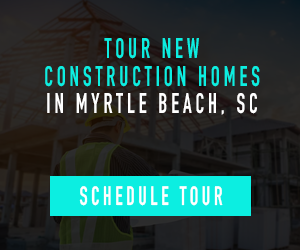
The foundations of the economy are wobbling and Americans are taking notice.
The University of Michigan’s Consumer Sentiment Index for April plunged from to 50.8 from 57, lower than the 54 economists projected. The drop is driven by expectations for inflation over the next year, which jumped to 6.7% from 5%.
President Donald Trump has given consumers plenty of reason to think inflation will rise. His chaotic trade war is widely believed to be inflationary, and there are indications that prices are rising on the turbulence of his approach alone.
However, the Consumer Price Index from the U.S. Bureau of Labor Statistics for March fell year over year by 2.4%, showing that inflation was not an issue prior to April’s fluctuation in tariffs.
“The collapse in consumer sentiment will likely continue to erode as we have yet to see the knock-on impact of the ongoing global trade disruptions,” said Selma Hepp, Chief Economist Cotality (formerly CoreLogic) in a statement.
“Rising costs across several areas — including groceries, car purchases and maintenance, and housing — will continue to depress the budgets of American families. Small businesses will also likely lose confidence in the nation’s economy further as their business costs will keep rising.”
Trump has twice paused a 25% tariff on Mexico and Canada. The dramatic global tariff regime he rolled out last week sent markets into free fall, and he paused most of them just hours after they took effect, though a 10% blanket tariff on imports remains. He’s engaged in a tit-for-tat with Xi Jinping that’s pushed levies on China to 145%.
The drop in consumer sentiment and rise in inflation expectations has occurred among both Democrats and Republicans, though overall Republicans have a much rosier view than Democrats.
Souring consumer sentiment has negative implications for the housing market. If buyers expect their household budgets to get squeezed in the chaos they will likely put their home shopping on pause.
The mortgage rate “lock-in” effect has eased recently, but the expectation of higher inflation could cause an expectation that rates will remain high.
The trade war is already pushing up prices in new construction, which heavily relies on imports from China. The National Association of Home Builders (NAHB) has gotten anecdotal reports that builders are pricing in as much as $10,000 to the cost of construction, and a John Burns Real Estate Consulting (JBREC) study conducted prior to the China escalation estimated a $12,800 increase in building costs.
China is the most important trade partner for homebuilders, as 27% of construction material inputs come from the country. Trump also has left on a 25% tariff on all steel and aluminum imports.
However, a surge in activity in the near term is playing out in some markets. New listings in Chicago have skyrocketed, suggesting sellers want to get out in front of any negative shocks to the economy.
First Time Home Buyer FAQs - Via HousingWire.com








